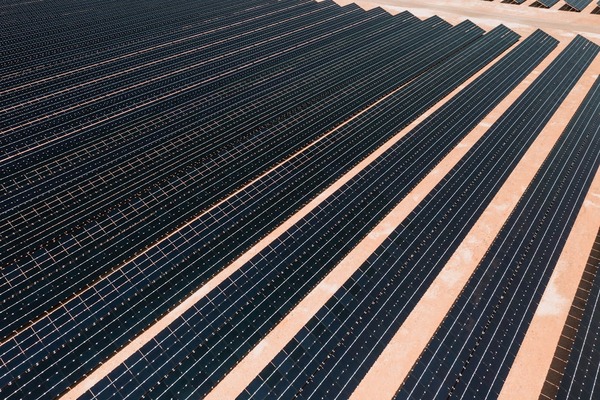The OPEC Fund for International Development has recently approved several renewable energy projects in the Middle East, as part of broader development financing for 2024. Among these initiatives, allocations have been made to expand clean energy infrastructure and reduce reliance on fossil fuels in the region.
In Egypt, a $40 million loan has been allocated for the construction of two wind farms in the Gulf of Suez. These wind farms will have a combined capacity of 1.1 gigawatts (GW) and are expected to supply clean energy to over 1.3 million households. This project aligns with Egypt’s national plan to source over 40 percent of its electricity from renewable energy by 2035.
In Mauritania, a $40 million loan will co-finance the Mauritania-Mali Power Interconnection Project, which includes the development of solar power plants. This initiative aims to expand access to electricity for 80,000 households while promoting renewable energy and reducing greenhouse gas emissions.
Türkiye is also receiving financing for renewable energy initiatives. A €50 million loan has been approved for the Climate Finance Facility Project. The project will support investments in renewable energy and energy efficiency, contributing to Türkiye’s long-term climate targets, including its net-zero goal by 2053.
These projects showcase the ongoing efforts in the Middle East to address growing energy demand through sustainable methods. By increasing renewable energy capacity, countries aim to lower carbon emissions, enhance energy security, and support economic development.
Renewable energy development remains a priority for several countries in the region as they diversify their energy sources. Projects such as wind farms in Egypt, solar installations in Mauritania, and green finance initiatives in Türkiye demonstrate the shift toward cleaner energy systems. These efforts are part of broader global strategies to promote sustainability and tackle climate change.


